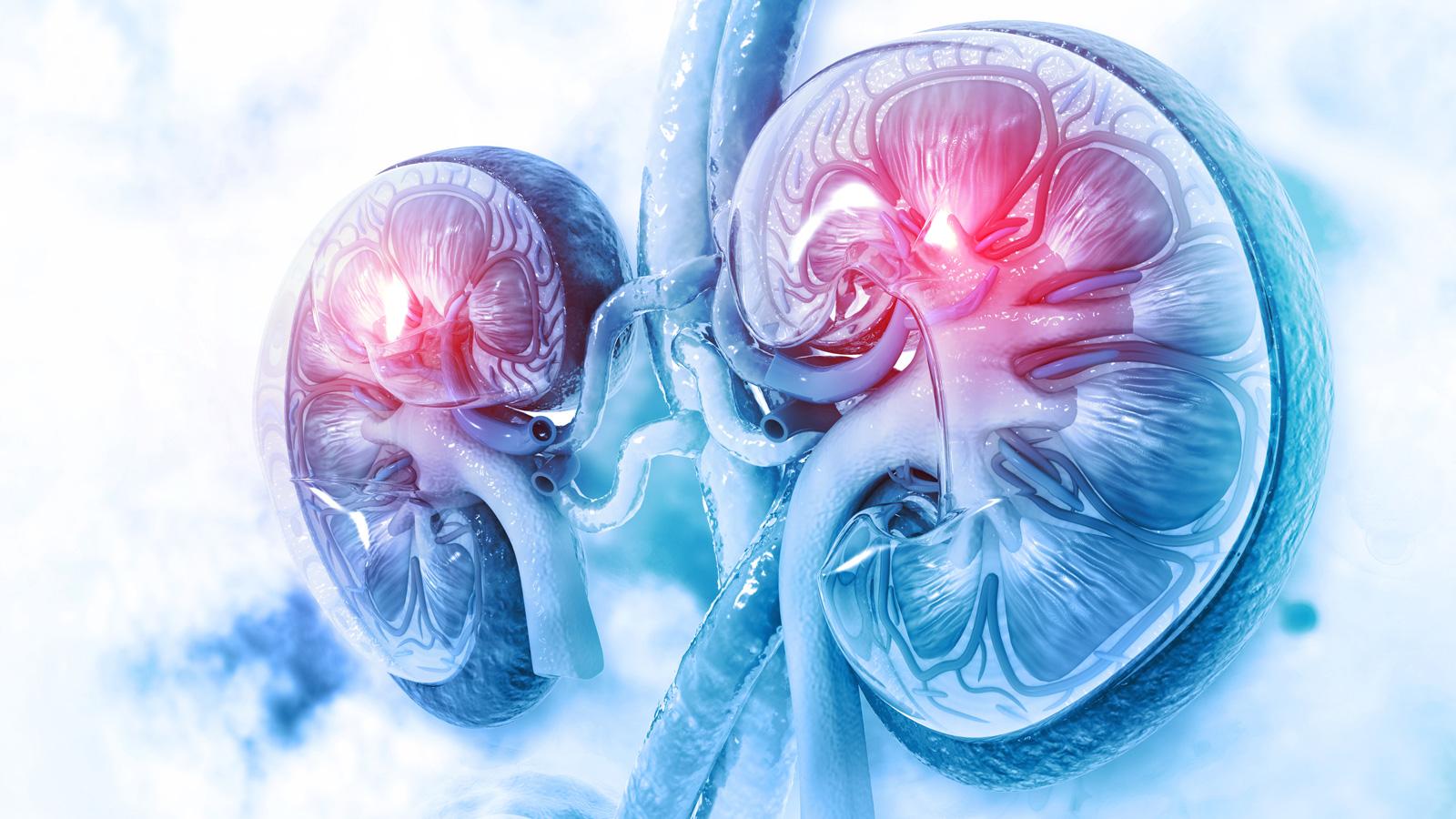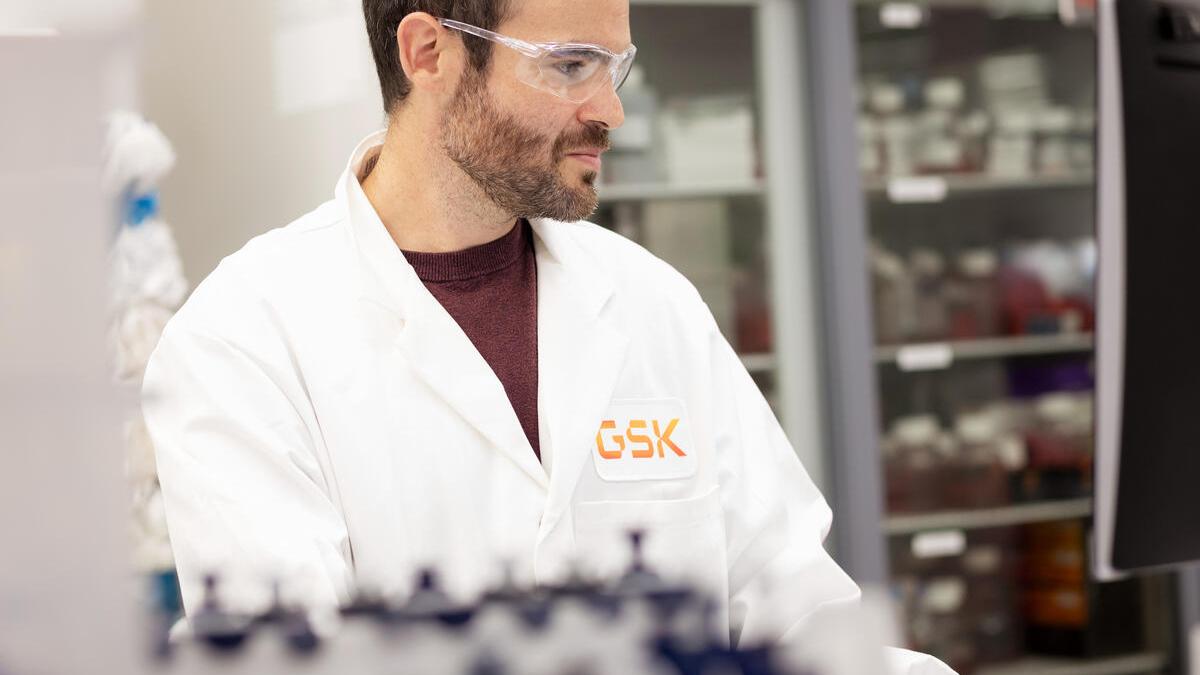Navigating transplant networks: Ensuring equitable access and improving outcomes for highly sensitised kidney transplant patients

Over three million people live with kidney disease in the UK. Some will progress to end-stage kidney disease, which is ultimately fatal, without either dialysis or kidney transplant. Whilst transplantation represents the treatment of choice offering improved survival and quality of life compared to long-term dialysis, as well as being cost-saving for the NHS, there are currently over 30,000 adults and children in the UK who rely on dialysis and 5,600 on the kidney transplant wait list.
The average time on the kidney transplant wait list is currently two to three years, however, for a subgroup of patients – those that are highly sensitised – wait times are much longer and often indefinite. Highly sensitised patients have specific antibodies that cause an immune response against a donor organ, making the prospect of undergoing a transplant even more challenging.
Highly sensitised patients acquire antibodies from a prior immune response developed from various circumstances, such as pregnancy, blood transfusions, or previous transplants. These antibodies can cause significant tissue damage and potential organ rejection if present at the time of transplantation.
These patients constitute between 10% and 30% of those on the kidney transplant wait list in the UK. Creating the right conditions for these patients to undergo a transplant is particularly challenging, and they tend to spend a longer time on wait lists, with increased risk of dying while waiting for a suitable donor. In fact, for those over the age of 65 who are on dialysis, only three in ten will be alive after five years.
The vicious cycle of waiting lists and mental health
Time spent on wait lists also takes its toll on mental health, with two thirds of kidney disease patients experiencing signs of depression and a quarter considering self-harm or suicide. The impact of this on patients is high and is further compounded, as evidence shows that poor mental health is also a risk factor for poor clinical outcomes in people with kidney disease; a vicious cycle.
With the number of people suffering from chronic kidney disease in the UK expected to grow to 3.9 million by 2033, the number considered highly sensitised is likely to grow as well and they will become an increasingly larger portion of individuals on the transplant wait list.
There is an urgent need for innovative approaches to desensitise these patients. Desensitisation is a process that temporarily removes the antibodies that drive the immune response against the donor organ, therefore reducing the risk of damage and rejection to the kidney and making it possible to offer these patients a transplant with an incompatible organ - something that was previously not possible.
A new international consensus to advance treatment access for highly sensitised patients
The good news for patients who are highly sensitised is the advancement of clinical guidelines, as well as new desensitisation strategies.
The creation of clinical guidelines was spearheaded by the European Society of Organ Transplant (ESOT). The organisation convened an expert working group including healthcare professionals from across Europe with expertise in the field, patient group representatives, and evidence specialists.
As a result of the expert working group, clinical guidelines were published in 2022 providing the first international consensus-based guidance for the management of highly sensitised patients to achieve a successful transplantation. Within the guidelines is a call for ‘thinking outside the box’ to increase the likelihood that highly sensitised patients might safely obtain a transplant. These new guidelines provide a template for the creation of national-specific guidelines. In the UK guidelines were recently published, to overcome the fragmentation existing with previous centre-specific protocols.
Additionally, in 2020, a new treatment for desensitisation of highly sensitised patients received positive reimbursement decisions in several countries across Europe. In 2022, NICE approved this treatment enabling highly sensitised patients’ access to an incompatible donor kidney.
Ensuring fair and equitable access to treatment
Ensuring new treatments are available on formularies is one thing, however, in transplantation there is an additional challenge of navigating organ allocation systems.
It has been exciting to see Eurotransplant, a mediator between donor hospitals and transplant centres operating in Austria, Belgium, Croatia, Germany, Hungary, Luxembourg, the Netherlands, and Slovenia, reflect the advancements being made in desensitisation in its approach. More than 30 years ago, Eurotransplant created the Acceptable Mismatch programme to increase transplantation for highly sensitised patients.
Now, the organisation has launched a pilot – the Desensitization Program – a first-ever international allocation system that will proactively identify patients with a very low chance of transplantation who might be eligible to receive an incompatible transplant following desensitisation therapy. The programme, which was launched this year, has identified 173 patients who could benefit. This initiative is very encouraging and the hope is that it will open the door for similar desensitisation programmes to be considered in countries with other allocation systems.
A call to action for the kidney transplant community
At Hansa, we believe improving patient care for highly sensitised patients requires a multi-stakeholder approach, including clinicians, patients, patient groups, governments, payers, and members of industry.
Patients need to know they are considered highly sensitised, understand the impact it has on treatment options, and be empowered to make shared decisions with their doctor about care. Doctors need to be empowered to have these conversations with patients, knowing that organs will be available through acceptable mis-match desensitisation programmes such as the one offered by Eurotransplant. Policy makers need to ensure the quality standards by which they measure, and fund, kidney transplantation accounts for equitable access across all patient populations.
Together we can deliver guideline-directed care in highly sensitised kidney transplantation, ensure equitable access to care and treatment, and ultimately improve patient outcomes.













